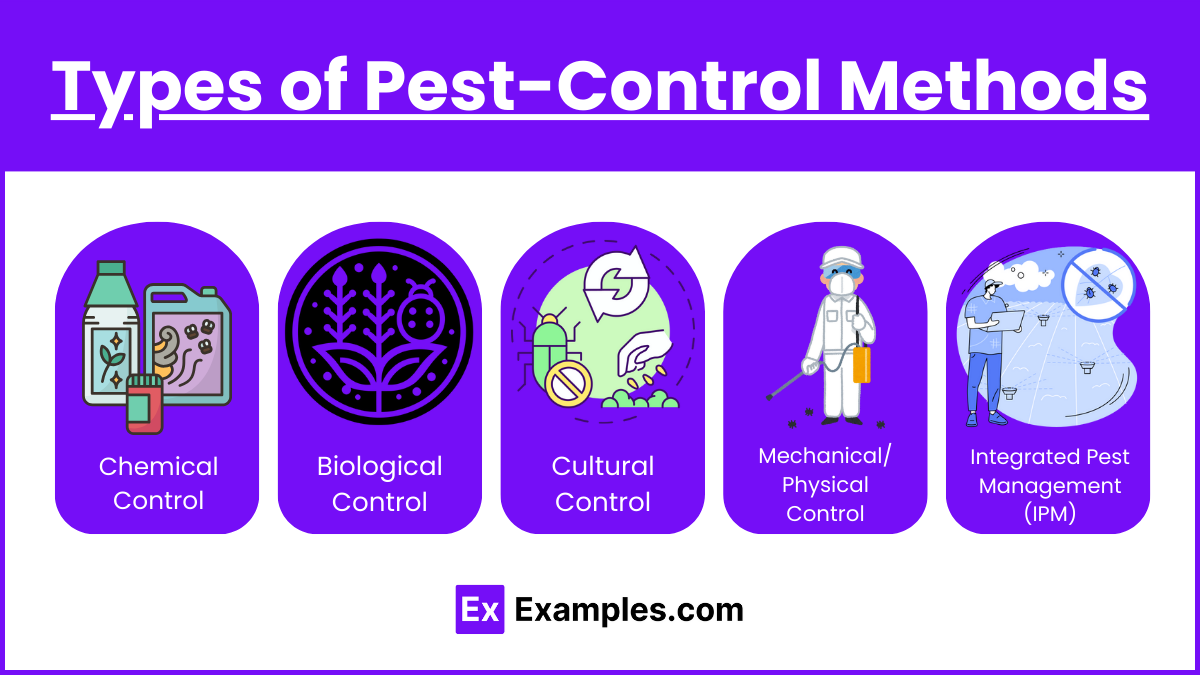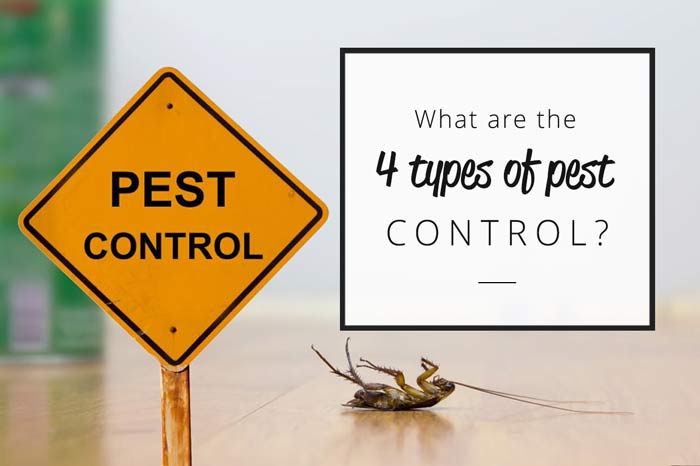About Pest Control
About Pest Control
Blog Article
The Definitive Guide for Pest Control
Table of ContentsPest Control Can Be Fun For AnyonePest Control Fundamentals ExplainedGetting The Pest Control To WorkThe Best Guide To Pest ControlAll About Pest Control
Limitations of Chemical Management Be able to assess insect problems, establish if administration is required, and make proper recommendations making use of IPM techniques. Recognize with different techniques of bug administration - their advantages and restrictions. Comprehend the value of beneficial insects. It is not possibleor even desirableto rid gardens of all parasites.This chapter reviews (IPM), an approach that utilizes knowledge about pests and their, methods, nonchemical techniques, and chemicals to handle bug issues. Added info regarding IPM for details plants is included in phases that focus on those plants. Bugs in a yard or landscape may consist of insects and mites, weeds,, animals, and birds.
Pests and weeds, however, play a role in the. After growing a yard or developing a yard, the all-natural procedure of plant sequence starts to improve and nonnative plants.
What we call "pests" belong to an all-natural system at the workplace. An ecosystem has no parasites. Just human beings consider certain species insects when they happen where they are not desired. We will certainly be extra effective in taking care of undesirable varieties when we understand that these microorganisms comply with predictable patterns that we can utilize to our advantage.
Facts About Pest Control Uncovered
Bugs susceptible to a pesticide were swiftly eliminated, leaving immune ones to breed and multiply. It became clear that pesticides alone would certainly not resolve all insect problems. Instead, overuse of pesticides created the growth of resistant pests. Scientists began to establish a new approach to pest control. This brand-new strategy was called integrated bug management (IPM).
An IPM plan permits some level of insects in the setting. Insects are a lot less most likely to survive a program that utilizes various approaches of lowering their populations. Integrated parasite management was very first recommended by entomologists due to the fact that insects were the very first team of parasites to prove hard to manage with chemicals alone.
A limit is the factor at which action should be taken. IPM has prolonged past insects to management of all pest populaces: weeds, condition microorganisms, and creatures.
Getting The Pest Control To Work
Management as opposed to eradication of parasites is the objective. An IPM plan begins with a careful assessment of each parasite infestation. Only after that can one make a decision concerning the appropriate strategies necessary to suppress insect tasks. The life cycle of the insect, feasible damages, natural adversaries, and results of weather, to name a few elements, are considered before a control plan is carried out - Pest Control.
Clover growing in a lawn might be deemed an undesirable weed, however as a bean it is manufacturing nitrogen for the dirt and the blossoms are supplying nectar to honey and various other. Tolerance for some weeds may become part of an IPM strategy. may be consuming the leaves of a plant, yet when they are recognized as the larvae of Eastern tiger swallowtail butterflies, their damages might be tolerated so we can appreciate the attractive butterfly.

The second most crucial tool in parasite management is very early intervention. Responding to troubles rapidly, before they have time to multiply, calls for a less remarkable treatment.
A Biased View of Pest Control
Many secure, sensible, nonchemical approaches of plant security and bug management may minimize or remove the requirement to spray. Other methods are most valuable when used with chemicals. To execute administration techniques appropriately and to reduce losses, gardeners should know the sorts of insects that assault plants and recognize pest biology.

Performing a soil test and applying just the suggested amount of plant food and lime optimizes the advantage to the plant while minimizing troubles associated to excessive usage of fertilizer - Pest Control. Treatment the dirt with several inches of compost secures the plant in a number of means: decreasing dirt water loss to evaporation, lessening weed competition, supplying nutrients, and producing an appropriate setting for earthworms and microbes that maintain the dirt loosened for roots and damage down natural material to release nutrients
If mulch touches the trunk, it can create a way for voles, microorganisms, and fungi to assault the original source the plant. Do not utilize manure or compost that has not thoroughly broken down as a leading clothing because it can urge undesirable parasites. Research suggests that tilling the soil is detrimental to soil structure.
The smart Trick of Pest Control That Nobody is Talking About
If tilling is regarded needed, take into consideration doing it in the autumn when the life cycles of lots of insects brings them near the surface. At the surface, pests come to be subjected to the weather condition in addition to birds and various other natural adversaries. Loss tilling can also ruin pests in crop deposits. Use healthsome and insect-free certified seeds and plants if readily available.
Report this page